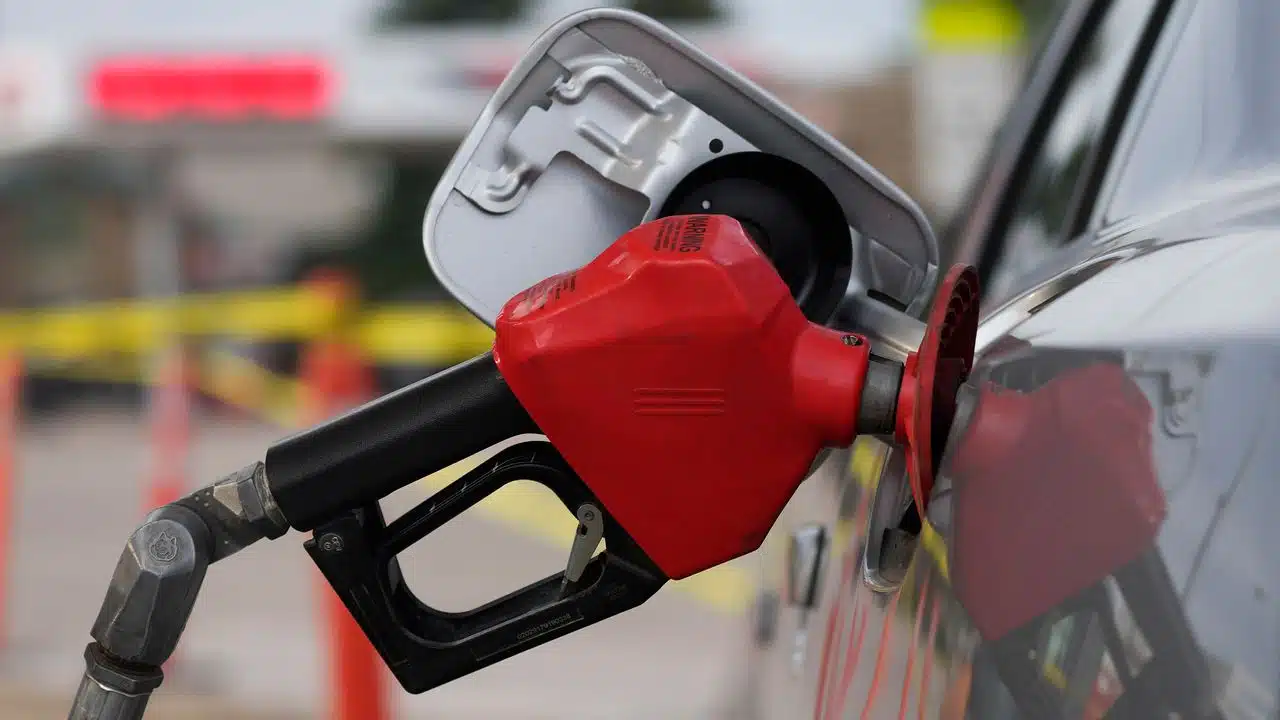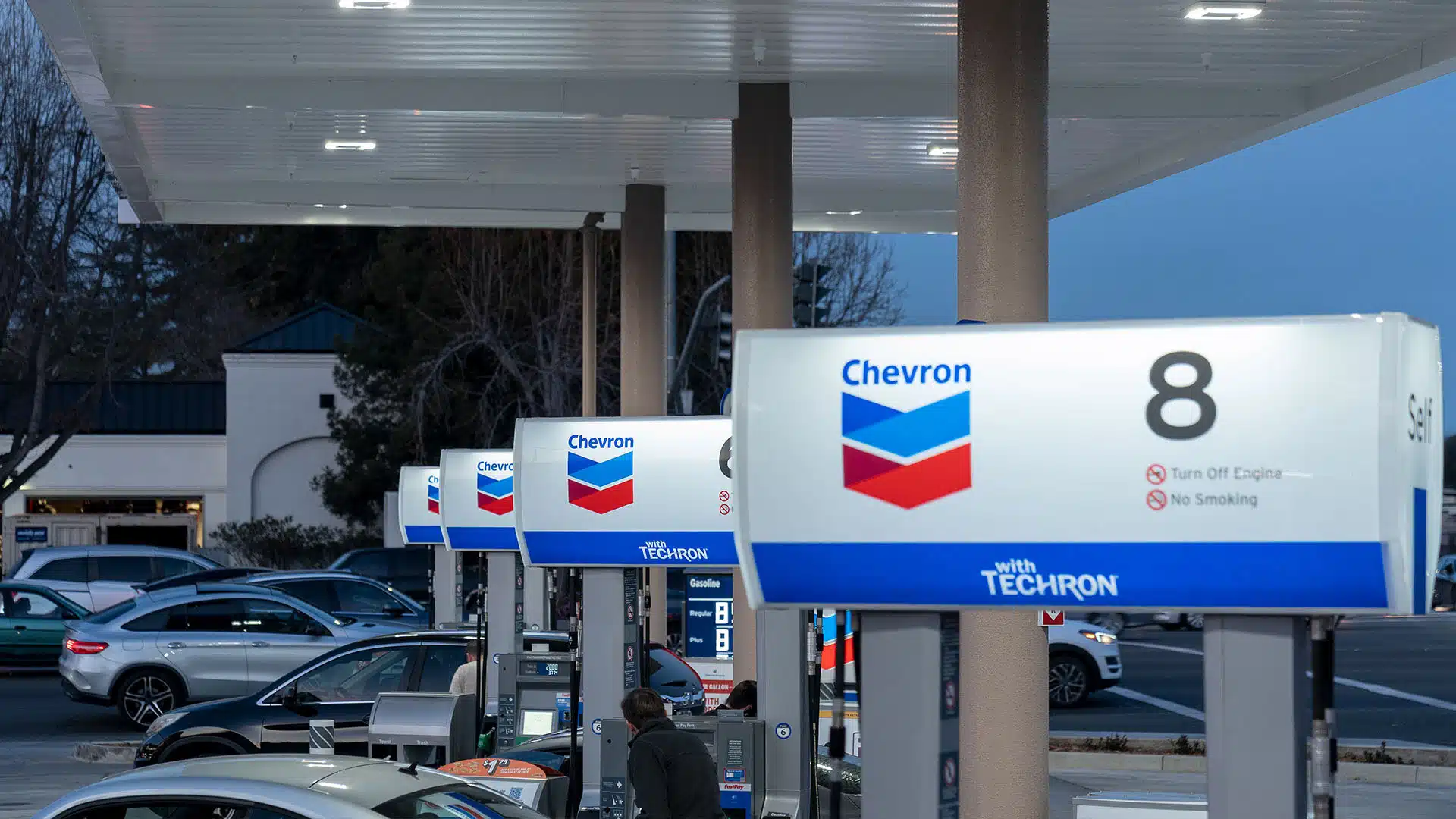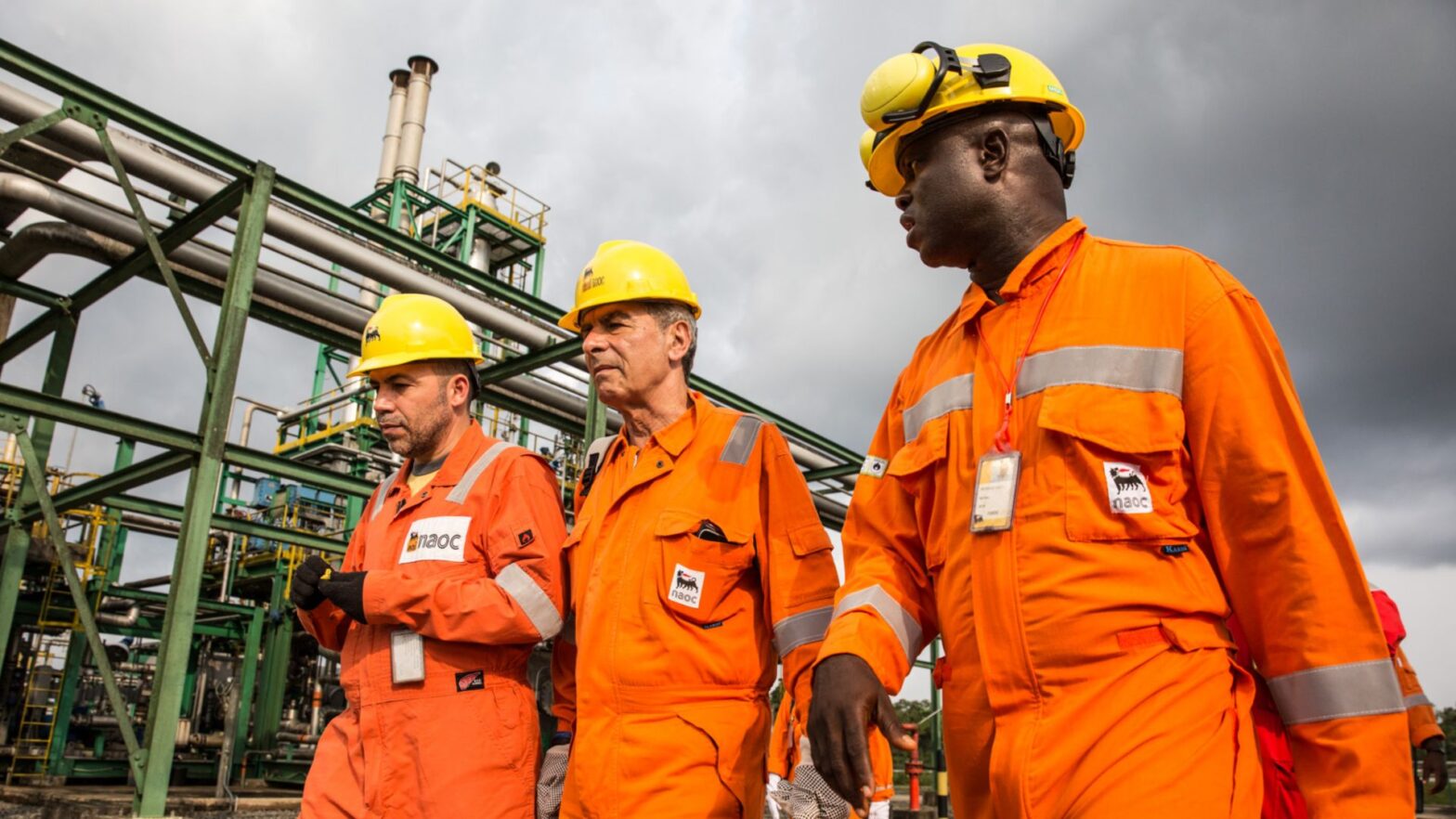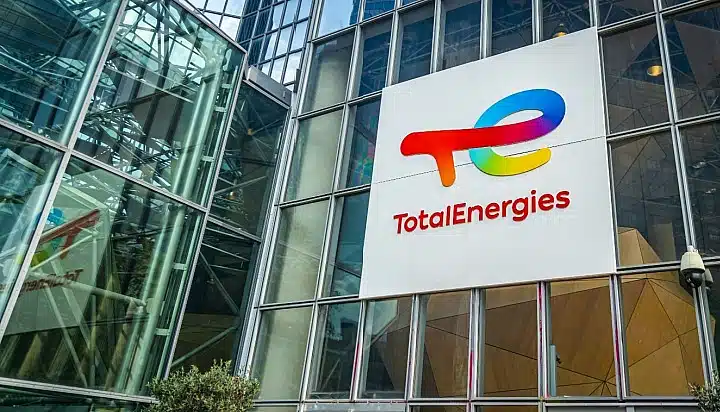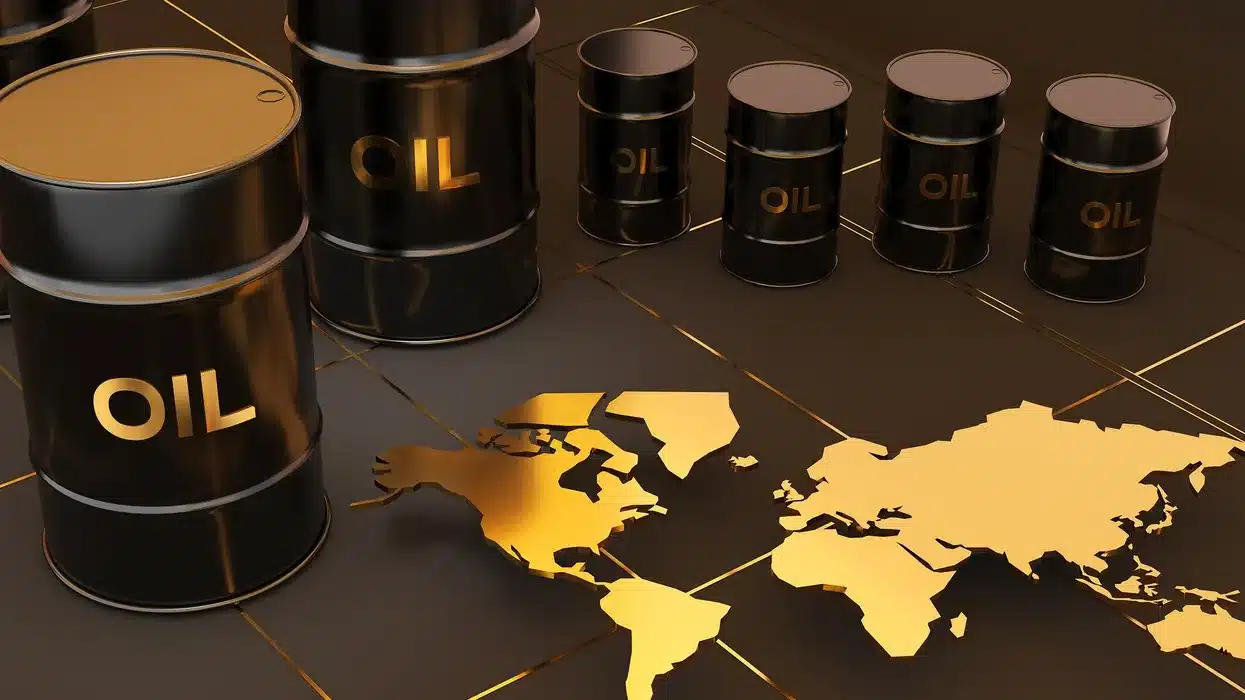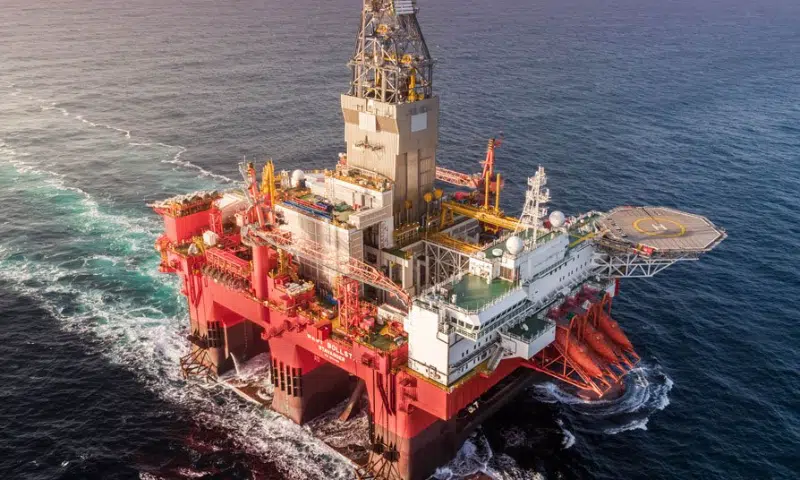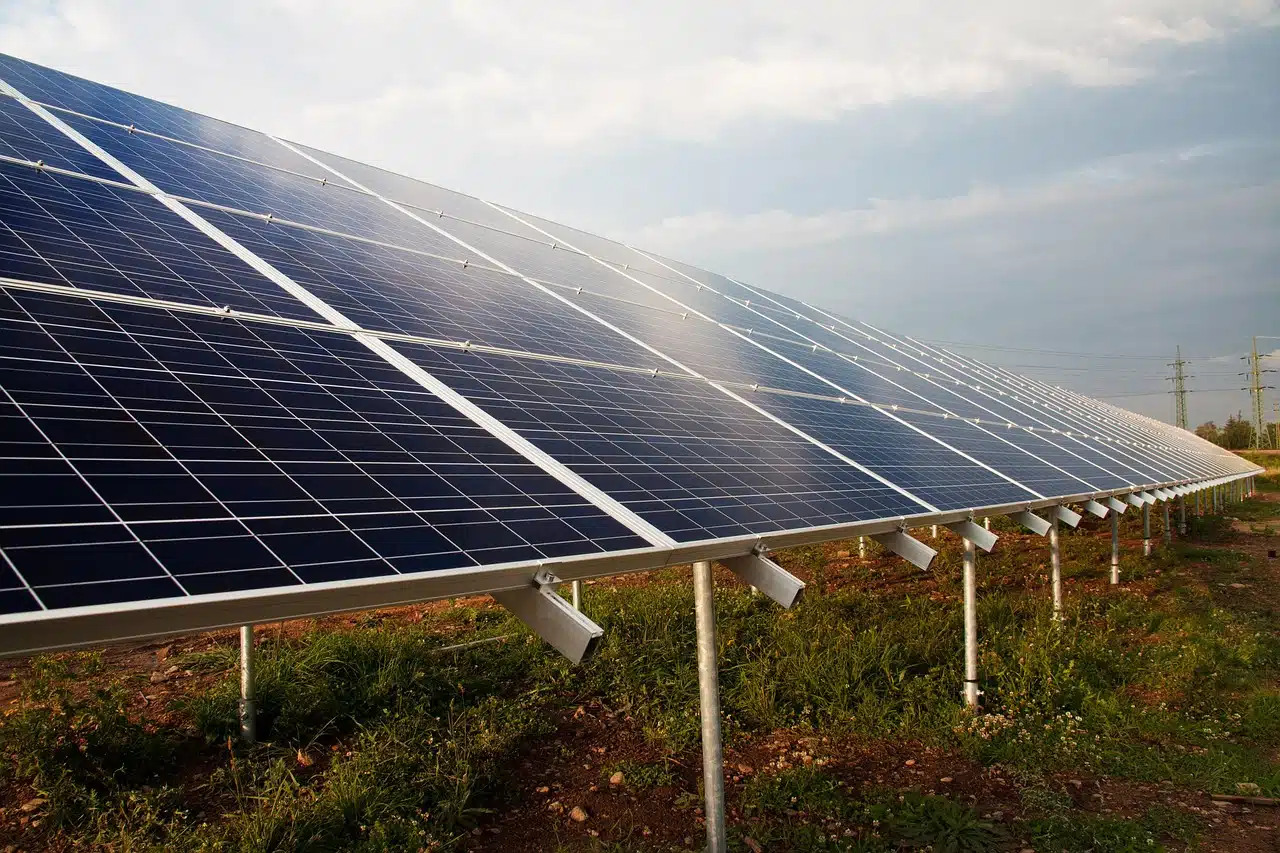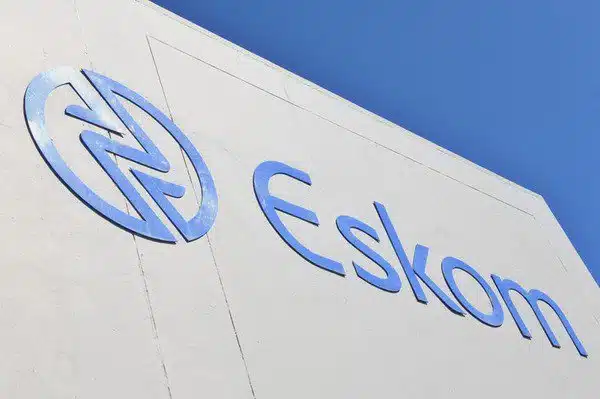South African country, Zambia, has announced a significant reduction in the pump prices of refined petroleum products, attributing the decision to a recent decline in international crude oil prices.
The price cut was confirmed in a press release issued on Wednesday by the country’s Energy Regulation Board (ERB) and seen by Energy In Africa.
According to the ERB, the pump prices for petrol, diesel, kerosene, and Jet A-1 have been revised downward for the month of May 2025. The new pump prices are:
– Petrol: K32.14 per litre
– Diesel: K27.38 per litre
– Kerosene: K26.88 per litre
– Jet A-1: K29.44 per litre
This move reflects a minimum decrease of 8% in the retail prices of these petroleum products.
In percentage terms, the prices of petrol and diesel fell by 8.12% and 9.43% respectively, while kerosene and Jet A-1 saw reductions of 9.07% and 9.44%.
Zambia last reviewed fuel prices on March 31, 2025.
The latest adjustments were prompted by falling global oil prices and a marginal appreciation of the local currency, the Zambian Kwacha.
The ERB noted that the international market prices for petroleum products have declined over the past month.
Specifically:
– Petrol: Dropped by 3.81%, from $76.38 to $73.47 per barrel
– Diesel: Fell by 4.37%, from $83.44 to $79.79 per barrel
– Kerosene/Jet A-1: Decreased by 4.28%, from $82.53 to $79.00 per barrel
Additionally, the Kwacha appreciated slightly by 0.06%, strengthening from K28.27 to K28.25 per US dollar.
The revised fuel prices will take effect at midnight on April 30, 2025, and will remain in force until the next review, the ERB said.
Zambia consumes an estimated 5.5 million litres of liquid fuel daily and relies heavily on imports from neighboring countries like Tanzania, Mozambique, and Namibia.
The primary source of its fuel originates from outside Africa, making the country vulnerable to both international oil market and currency volatility.
Zambia’s energy sector has been in crisis due to prolonged structural issues caused by costly subsidies and the economic impact of the COVID-19 pandemic.
In 2022, the country received support from the International Monetary Fund (IMF) to manage its debt crisis and reverse its sovereign default status.
Adding to the challenge, the Zambian government, under President Hakainde Hichilema, has gradually phased out fuel subsidies—a move that has kept fuel prices elevated despite global price drops.
In a bid to stabilize prices and reduce dependency on distant markets, Zambia’s Ministry of Energy began discussions in February 2025 with Nigeria’s Dangote Refinery—the largest refinery in Africa.
The 650,000 bpd mega plant has already started supplying refined petroleum products to several African countries at more competitive rates compared to Europe.

